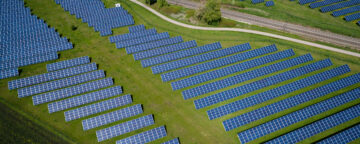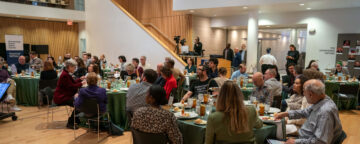APPC survey reveals room for improvement in public knowledge about mosquito-spread viruses, despite the increasing frequency of related epidemics.


APPC survey reveals room for improvement in public knowledge about mosquito-spread viruses, despite the increasing frequency of related epidemics.

An APPC survey reveals that most Americans do not know where their local cooling centers are in cases of extreme heat.

New paper from APPC team examined the relationship between health-related beliefs about climate change and support for climate policy proposals.

In new paper, APPC researchers probed associations between media exposure and science-consistent beliefs about climate change.

APPC hosted the annual SEJ conference April 3-7, focusing on Democracy, Disinformation, Activism… What’s Environmental Journalism’s Role?”

The Annenberg Public Policy Center celebrated its 30th anniversary by honoring the work of its former postdoctoral and FactCheck.org fellows and opening a new Climate Communication division.

As part of its 30th anniversary celebration, the Annenberg Public Policy Center has opened a new area of research, the Climate Communication division, led by Annenberg School for Communication vice dean Emily Falk.

New research published by a team at APPC finds that experiencing days in which the temperature exceeds previous highs for that time of year affects people’s perception of weather trends.